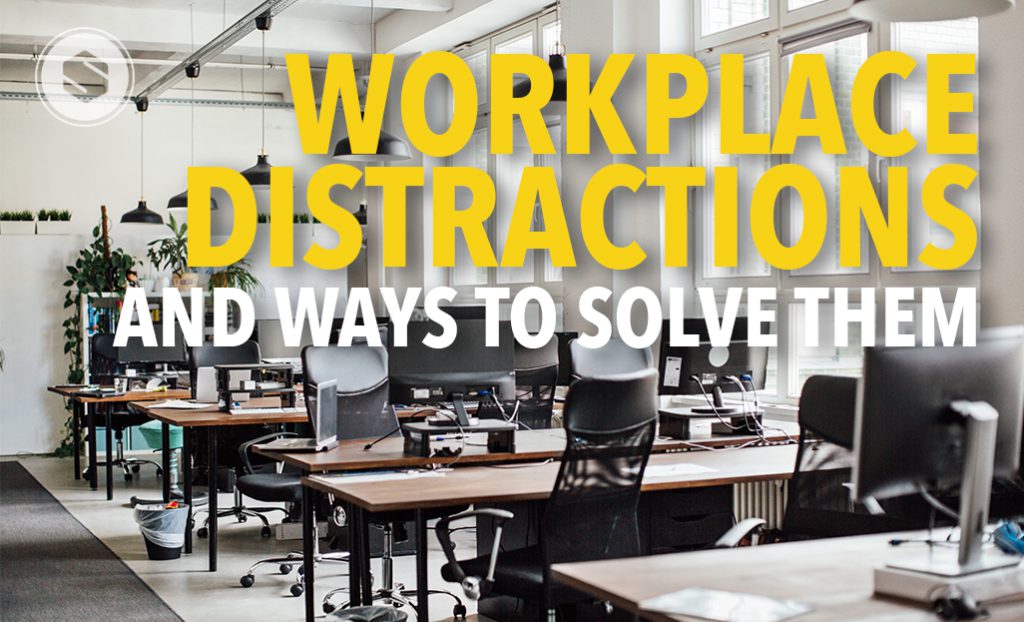
Scroll, Stop, Repeat: How Social Media Is Quietly Stealing Your Focus
We live in the age of connection, but sometimes it feels like we’re more disconnected
Life often calls us back into unstable environments—whether it’s a toxic workplace, a stressful family dynamic, a challenging relationship, or even a community that no longer feels like home. These spaces may bring uncertainty, emotional triggers, or even a sense of unease, making it crucial to prioritize your mental and emotional well-being as you step back in.
While you may not always have control over the environment, you can set boundaries, shift your mindset, and navigate these spaces with strength and resilience. Here’s how to return to an unstable environment while safeguarding your peace.
Before stepping back in, get clear on why you’re returning. Are you doing so out of necessity, responsibility, or choice? Understanding your purpose will help you stay grounded and not get swept up in the instability around you.
Knowing your why gives you clarity and control over your experience.
Unstable environments often involve unpredictability, negativity, or even toxicity. This is why setting firm boundaries is key to protecting one’s mental and emotional energy.
It’s easy to hope things will be different when you return, but setting realistic expectations helps avoid disappointment. The environment is likely the same if the people, leadership, or structure haven’t changed.
Instead of expecting the space to improve, focus on how you will move differently. This mental shift helps you regain control, reducing the emotional toll instability can bring.
Returning to an unstable environment can be draining, so you must actively protect your energy.
Not every unstable environment is one you must endure indefinitely. If space harms your mental, emotional, or physical well-being, planning your way out is okay.
Knowing you have options can ease the anxiety of being in an unpredictable environment.
Navigating unstable environments can be emotionally exhausting, but you don’t have to do it alone. Lean on:
A support system reminds you that your feelings are valid and that you have people who care about your well-being.
The most incredible peace comes from knowing what is within your control and what isn’t. You can’t control how others behave, how they treat you, or how the environment shifts—but you can control your mindset, actions, and boundaries.
Choose to show up in a way that prioritizes your peace. Recognize when it’s time to stand firm when to disengage, and when to walk away altogether.
Final Thoughts
Returning to an unstable environment is never easy, but you don’t have to lose yourself. By setting boundaries, protecting your energy, and seeking support, you can navigate instability while maintaining your mental and emotional well-being.
Your peace is your power; don’t let any environment take that from you.
Remember, EVERYBODY NEEDS A LITTLE TLC!!


We live in the age of connection, but sometimes it feels like we’re more disconnected

Whether you’re fully back in the office or juggling a hybrid schedule, one thing remains

Some of the most powerful distractions aren’t external; they reside in your mind. Mental clutter
© Tawawn 2025 | All rights reserved | Developed by Neotransition